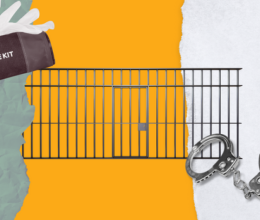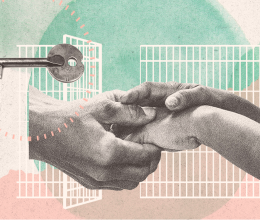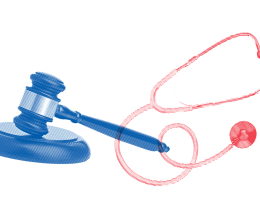Last weekend, I spent a substantial amount of time binge watching the new season of Orange is the New Black. While the show puts a somewhat comical spin on the issues of life inside a women’s prison, it also has been a reminder for me of the unique challenges women face while incarcerated. Women are the fastest growing prisoner population in the country. Even here in Maine, between 2001-2013 there was a 624% increase in the number of women incarcerated in Maine state prisons.
A new report by the ACLU titled Worse Than Second-Class: Solitary Confinement of Women in the United States focuses on the particularly harmful impact of solitary confinement on women.
A staggering 75% of incarcerated women suffer from a diagnosed mental illness, a much higher proportion than male prisoners. As we have blogged about before, solitary confinement has been shown to cause and exacerbate existing mental illness, and forced idleness and lack of stimulation have been shown to contribute to psychological deterioration. A review of the use of solitary confinement in Maine specifically noted the lack of sensory stimulation within the women’s segregation unit and stated “the need to change this environment to allow for more sensory input” was a high priority.
In addition to high rates of mental illness, a greater proportion of incarcerated women have also a reported history of trauma and physical and/or sexual assault. Human rights organizations have repeatedly condemned the use of male prison guards to supervise females, yet in the United States we often subject female prisoners to close supervision by male guards - even during their most private moments, such as showering, undressing and using the bathroom. For many victims of past trauma, especially those that have been abused by men, being closely watched by male guards with virtually no privacy while in solitary can be re-traumatizing and cause additional psychological suffering.
The use of excessive force, misuse of restraints and chemical agents and sexual abuse by prison staff are very real dangers for all prisoners held within solitary, as the isolation cells are separate from the population and these abuses can be difficult to detect. Women in solitary confinement are also particularly vulnerable to abuse by correctional officers: according to a report by the Bureau of Justice Statistics, prison staff perpetrated nearly half of all allegations of sexual misconduct in prisons. And while female inmates represent only 7% of all state and federal prisoners, they account for 33% of the victims of sexual assault perpetrated by staff.
In addition to making female prisoners more vulnerable to abuse, solitary confinement can also be used as a mechanism to retaliate again a prisoner who attempts to report an assault. Prisoners are forced then to decide between reporting the assault and risking retaliation and not reporting and risking another assault – discouraging both victims and witnesses from reporting.
Lastly, solitary confinement can be damaging to familial relationships, particularly with children. An estimated 62% of women incarcerated in state facilities are mothers. As prisons are often located hundreds of miles from a prisoner’s home and phone contact is expensive and often limited, maintaining contact with children can be very challenging. When prisoners are placed in solitary confinement their visitation rights are often curbed or all together revoked. This can further erode a child-mother relationship, impacting the mother and the child and further endangering the parental relationship.
Solitary confinement destroys lives, is a threat to public safety and can violate the Eighth Amendment’s prohibition of cruel and unusual punishment. It can have a particularly destructive impact on women prisoners. It's time to reform the use of this harmful practice both nationally and here in Maine.








